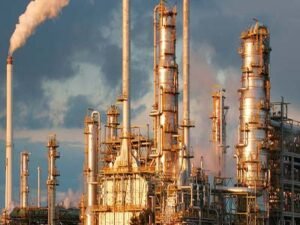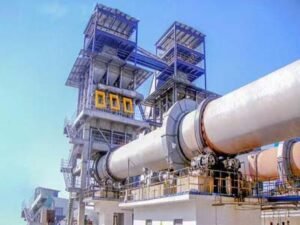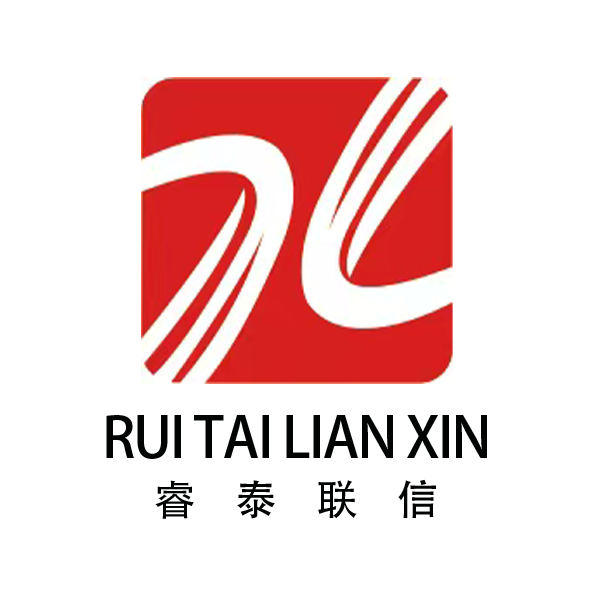In the chemical industry, kilns as key production equipment, there are many types, they play a vital role in different chemical production processes, the following are some common kilns.
1. Rotary Kiln
Rotary kiln is widely used in chemical industry. It is in the shape of a long cylinder, tilted and slowly rotating. In chemical production, such as in the production of phosphate fertilizer, rotary kilns can be used for the calcination of phosphate ores, decomposing phosphate ores at high temperatures and transforming them into phosphate products that can be used for subsequent processing. In the production of active lime, the rotary kiln calcines limestone at high temperature to decompose it into calcium oxide, which provides important raw materials for many industries such as chemical industry and steel industry.

The advantage of rotary kiln is that it can adapt to a variety of different shapes and properties of the material, the material pretreatment requirements are relatively low, can be continuous and stable large-scale production. However, its thermal efficiency is relatively limited, and the equipment occupies a large area, and the investment and operating costs are high.
2. Tunnel Kiln
Tunnel kiln is a kind of continuous kiln, mainly composed of pre-heat zone, firing zone and cooling zone. In the chemical industry, it is often used to fire some ceramic chemical products, such as catalyst carriers. The material is placed on the kiln car, enters from one end of the kiln, passes through the pre-heat belt to be preheated, is fired at high temperature in the firing belt, and then is exported from the other end after cooling in the cooling belt.

The advantage of tunnel kiln is that the production process has a high degree of automation, and the temperature, atmosphere and other parameters of each belt can be accurately controlled, so as to ensure the stability and consistency of product quality. At the same time, its heat utilization efficiency is relatively good, which can effectively reduce energy consumption. However, the construction cost of tunnel kiln is high, and the maintenance requirements for kiln car and track and other ancillary facilities are also more strict.
3. Shuttle Kiln
Shuttle kiln is a batch kiln, its structure is similar to tunnel kiln, but the kiln car is reciprocating in the kiln. It is widely used in the firing of chemical special ceramics and fine chemical products. Shuttle kiln flexibility is very strong, it can be according to different product requirements and production process, easy to adjust the firing temperature, time, atmosphere and other parameters, suitable for small batch, multi-variety chemical product production.
However, due to the intermittent operation, its production efficiency is relatively low, and the heat loss in each firing process is large, and the energy efficiency is not as high as the continuous kiln.
4. Muffle Kiln
Muffle kiln is a kind of indirectly heated kiln, which is often used in the chemical industry for the production of products with high requirements for atmosphere and temperature uniformity, such as the synthesis and sintering of some electronic chemicals.

Muffle kiln by setting Muffle cover in the furnace, so that the heat source and material indirect contact, avoid the material and combustion products direct contact caused by pollution, can precisely control the atmosphere and temperature in the kiln.
The advantage of this kiln is that the product quality is high and the purity is guaranteed, but the existence of the Muffle cover makes the heat transfer efficiency of the kiln relatively low, the heating rate is slow, and the Muffle cover itself needs regular maintenance and replacement, which increases the operating cost and maintenance difficulty of the equipment.
These kilns commonly used in the chemical industry have their own characteristics, and chemical enterprises need to comprehensively consider product characteristics, production scale, energy costs, environmental protection requirements and other factors when choosing kilns to ensure that the most suitable for their own production needs of kiln equipment, so as to achieve efficient, stable and environmentally friendly chemical production.
